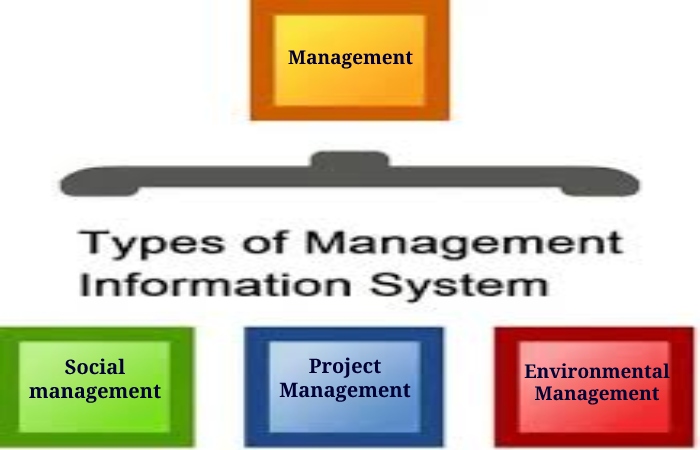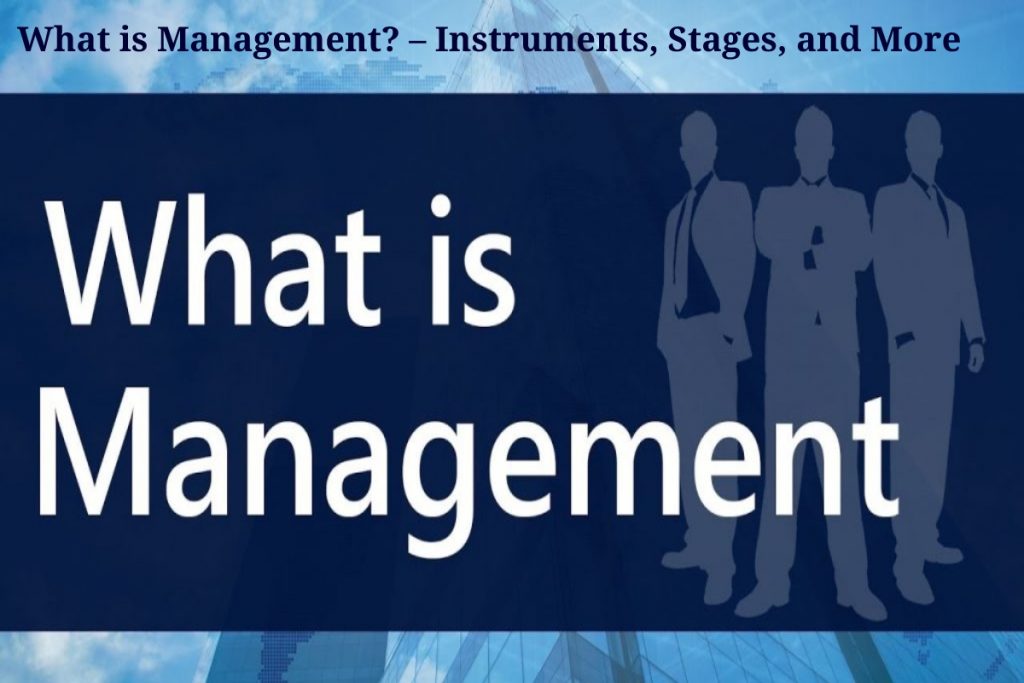What is Management?
Management is the action and result of managing and administering. In a more specific way, an effort is diligence, understood as a necessary procedure to achieve something or resolve a matter, usually of a managerial nature or that involves documentation.
Management is also a set of actions or processes related to the administration and direction of an organization. This concept uses to talk about projects or, in general, any activity that requires planning, development, implementation, and control processes.
Instruments of Management
Management must alteration the instruments they use often.
The management uses various instruments to function. The first refers to the control and improvement of the processes. Secondly are the files. These will be in charge of preserving data, and finally, the instruments to secure data and make correct decisions.
In any case, it is important to know that these tools vary over the years. That is, they are not static, particularly those that mention the world of computing. That is why bosses must change the instruments they use often.
One of the techniques used within management is the fragmentation of institutions. This means trying different sectors or departments. The instruments above will apply within each industry to manage them separately and coordinate with the rest.
The Stages of Management

The managers examine if the planning is respected and the objectives fulfil. Some consider that management is a process in which certain stages can recognize:
- The first one is planning. At this stage, short and long-term objectives will be set and how they will achieve. It is from this group where the rest of the settings will determine.
- Then the organization can mention. At this time, the managers determine in detail the procedure to achieve the objectives formulated above.
- For this, the disposition of work relationships and who will lead them create. In other words, the structure that will establish the organization makes.
- The third stage is to lead. In this case, it intends that the staff have a direction and motivation in such a way that it is possible to achieve the objectives.
- Lastly, control should mention. In this case, the manager (s) inspects whether the planning respect and the objects meet. For this, they must make certain corrections and directions if the rules not follow.
Objective of Management
It is important to underscore that management, whose primary objective is to increase the optimal results of an industry or company. It depends fundamentally on four basic pillars, thanks to which you can achieve the goals set. In this sense:
- The strategy, that is, the set of lines and outlines of the steps that must carry out, taking into account factors such as the market or the consumer, consolidates the actions and makes them effective.
- The culture or what is the same, the group of actions to promote the values of the company in question, to strengthen it, to reward the achievements made, and to be able to make the appropriate decisions.
- The structure. Under this concept, what conceal are actions to endorse cooperation, design ways to share knowledge, and place the best-qualified people at the forefront of initiatives.
- The execution consists of making the appropriate and timely decisions, promoting the improvement of productivity, and meeting the needs of consumers.
Characteristics of Management
The management uses various instruments to be able to function. The first refers to the control and improvement of the processes. Secondly are the files. These will be in charge of preserving data, and finally, the instruments to secure data and make correct decisions. In any case, it is important to know that these gears vary over the years. That is, they are not static, particularly those that refer to the world of computing. That is why managers must alteration the instruments they use often.
One of the techniques used within management is the fragmentation of institutions. This means that an attempt was made to different sectors or departments. The instruments above will apply within each industry to manage them separately and coordinate with the rest.
People who commit to organize and run institutions are often called managers. They are responsible for the success and success of the organizations for which they work. Many of the people who reach these locations do so through the career they have done throughout their lives, occupying various places in the institution for which they work.
It considers those good managers possess certain characteristics in common. Some of them recognize the good performance of their peers or subordinates and the good reviews that they are capable of making. They are ideal for supporting and helping the rest of the staff when obligatory, training and guiding them clearly, with precise objectives.
They are usually people who make sincere communication and stimulate trust between the individuals you work with. Good managers often choose personally what they will work closely with it. You also try to earn the respect of the staff you work with.
Types of Management

It is important to highpoint that there are different types of management:
- Social management, for example, involves the construction of different spaces to promote and enable interaction between other actors in society.
- Construction management template, is a specialized service that uses specialized management techniques to supervise the planning, design, and construction of a project, from its foundation to its end.
- Meanwhile, project management is the discipline responsible for organizing and managing resources so that you can realize all the work required for the project within the available time and budget.
- The management of knowledge (from the English knowledge management). It is an idea applied in organizations, which refers to transferring existing knowledge and experience among its members. In this way, this body of knowledge can use as a resource available to all members of the same organization.
- Environmental management includes a group of tasks focused on controlling the ecological system based on sustainable development.
- Environmental management is a tactic utilizing anthropic profile actions that influence the environment to achieve an optimal quality of life.
Conclusion
The concept of management mentions the action and consequence of administering or managing something. In this regard, it must say that managing is carrying out procedures that make it possible to carry out a commercial operation or any desire whatsoever.
Therefore, the notion of management extends to the set of procedures carried out to resolve an issue or specify a project. Management is also the direction or management of a company or a business.
Based on these meanings, we could use a phrase that clarifies the following: Pedro has been promoted within his company to recognize the magnificent management he has carried out at the head of the area in which he was working.

